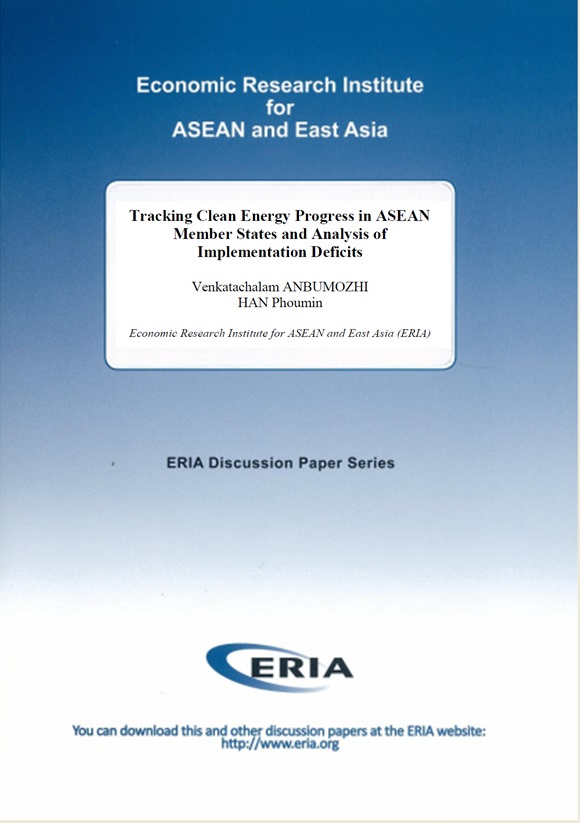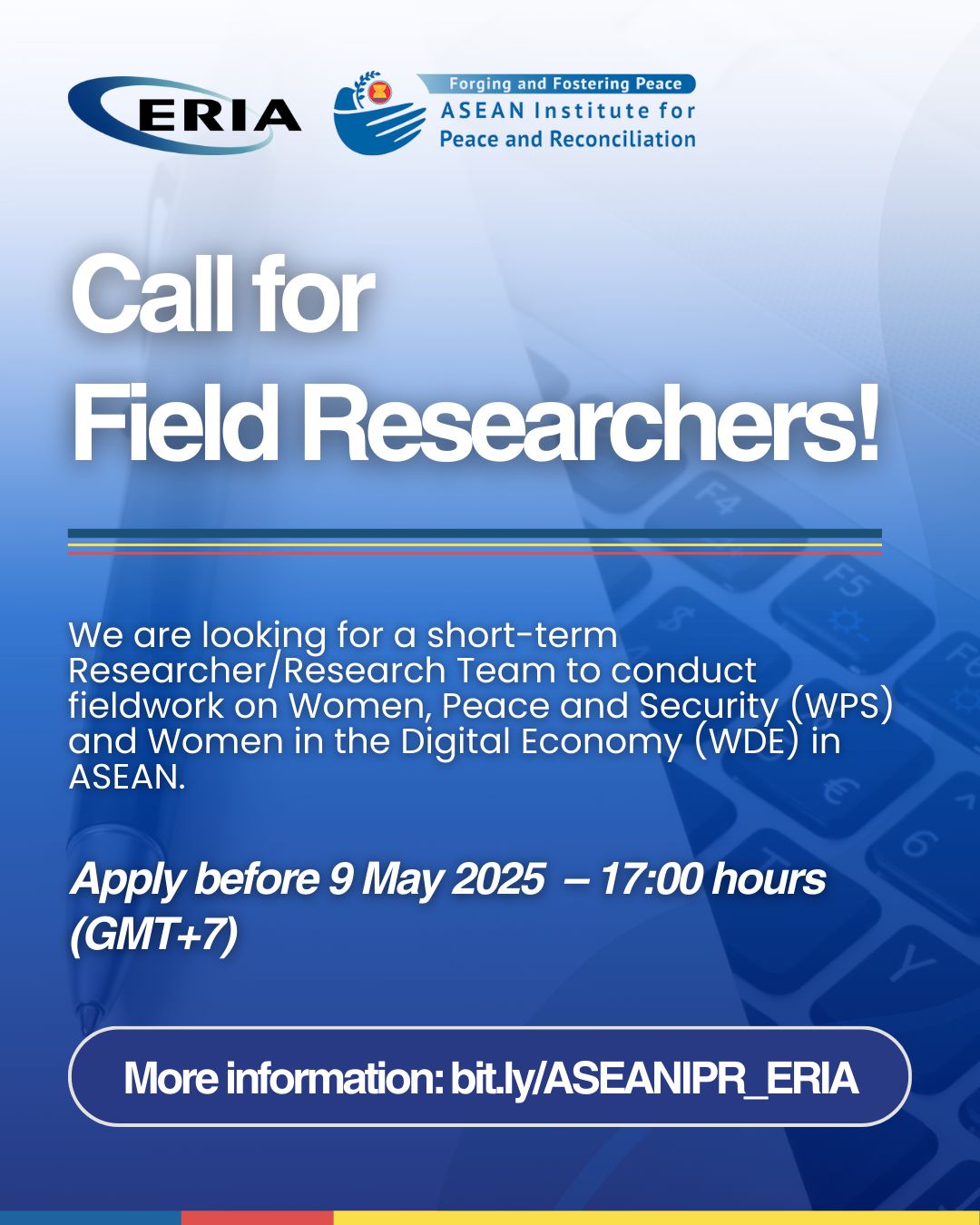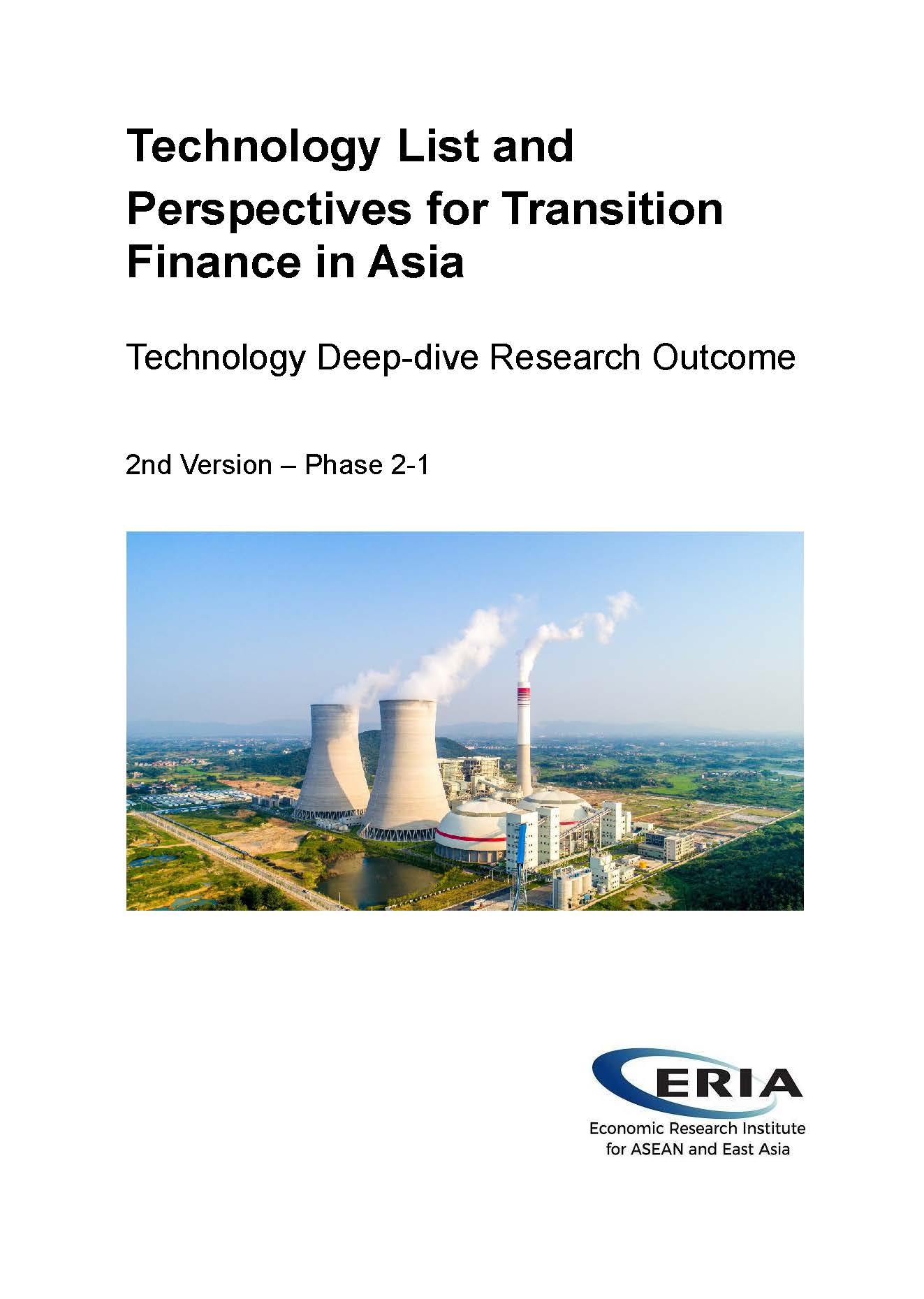Tracking Clean Energy Progress in ASEAN Member States and Analysis of Implementation Deficits

Date:
21 December 2015Category:
Energy, Regulation and Governance, ASEANType:
Discussion PapersTags:
Print Article:
Abstract
The extreme prevalence of energy poverty in several Member States of Association of Southeast Asian Nations (ASEAN) calls for urgent action. This paper shows how clean energy development can be made inclusive by involving low-income households as producers, employees, and business owners. From this perspective, it also analyses how ASEAN economies are stepping up clean energy ambitions and the implementation deficits. One imperative is (i) clean energy with positive externalities that are not factored in either the production or purchasing decisions of consumers. (ii) If non-clean energy companies or products generate negative externalities but no tax or disincentive is levied, then governments may either tax these firms or give incentives to clean energy producers. It concludes that ASEAN Member States need to link the clean energy paradigm and inclusive development policies as part of the Environmental Fiscal Reform to strengthen the foundations for the ASEAN Socio-Cultural Community.




